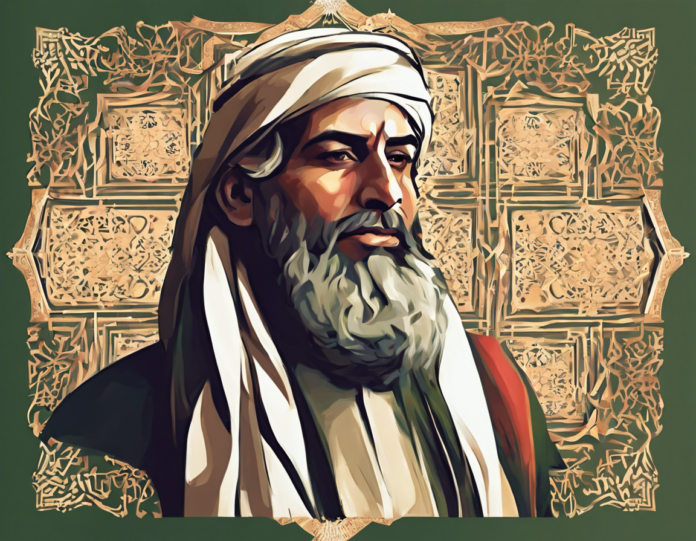Darood E Ibrahimi, also known as Salawat, is a special prayer recited by Muslims to send blessings upon the Prophet Muhammad (peace be upon him). This act of sending peace and blessings upon the Prophet is a highly revered practice in Islam, with immense spiritual significance. Darood E Ibrahimi holds a special place in the hearts of Muslims worldwide, and its recitation brings numerous blessings and benefits to the believer.
Origins of Darood E Ibrahimi
Darood E Ibrahimi derives its name from Prophet Ibrahim (peace be upon him), also known as Abraham in Judeo-Christian traditions. The prayer is a supplication to Allah to bestow His blessings upon the Prophet Muhammad and his family, as well as to elevate his status in the sight of the Creator.
The Importance of Sending Blessings upon the Prophet
In Islamic teachings, sending blessings upon the Prophet is considered an essential act of worship. It not only carries immense rewards but also strengthens the bond between the believer and the Prophet. The Quran mentions the significance of sending blessings upon the Prophet in the following verse:
"Indeed, Allah and His angels send blessings upon the Prophet. O you who have believed, ask [ Allah to confer] blessing upon him and ask [ Allah to grant him] peace." (Quran 33:56)
Benefits of Reciting Darood E Ibrahimi
-
Spiritual Rewards: Reciting Darood E Ibrahimi is a means of seeking Allah's pleasure and gaining spiritual rewards.
-
Intercession: The Prophet Muhammad (peace be upon him) has been granted the power of intercession on the Day of Judgment. By sending blessings upon him, believers hope for his intercession on their behalf.
-
Protection: It is believed that reciting Darood E Ibrahimi can provide protection from various calamities and hardships.
-
Cleansing of Sins: Sending blessings upon the Prophet is a means of seeking forgiveness for one's sins and purifying the heart.
-
Increase in Blessings: The more a person sends blessings upon the Prophet, the more blessings they receive from Allah.
How to Recite Darood E Ibrahimi
Darood E Ibrahimi is a short prayer that can be recited at any time, but it is particularly recommended to do so on Fridays. The prayer is as follows:
"Allahumma salli 'ala Muhammadin wa 'ala ali Muhammadin, kama sallaita 'ala Ibrahim, wa 'ala ali Ibrahim, Innaka Hamidun Majid. Allahumma barik 'ala Muhammadin, wa 'ala ali Muhammadin, kama barakta 'ala Ibrahim, wa 'ala ali Ibrahim, Innaka Hamidun Majid."
Frequently Asked Questions (FAQs)
Q1. How often should one recite Darood E Ibrahimi?
A1. You can recite Darood E Ibrahimi as often as you like, but it is recommended to do so regularly, especially on Fridays.
Q2. Can women recite Darood E Ibrahimi during menstruation?
A2. Yes, women can recite Darood E Ibrahimi at any time, including during menstruation, as it is a form of supplication and remembrance of Allah.
Q3. Are there specific times when reciting Darood E Ibrahimi is more beneficial?
A3. While you can recite Darood E Ibrahimi at any time, it is especially recommended to do so during the early morning hours and on Fridays.
Q4. Can I recite Darood E Ibrahimi in any language?
A4. Yes, you can recite Darood E Ibrahimi in any language that you understand. The intention and sincerity behind the recitation are more important.
Q5. Are there any specific virtues associated with reciting Darood E Ibrahimi a certain number of times?
A5. While there are no specific virtues associated with reciting Darood E Ibrahimi a certain number of times, the more you recite it with sincerity, the more blessings you are likely to receive.
In conclusion, Darood E Ibrahimi is a powerful prayer that carries numerous blessings and benefits for the believer. By sending peace and blessings upon the Prophet Muhammad, one can strengthen their faith, seek Allah's forgiveness, and gain protection and intercession in the Hereafter. It is a simple yet profound way to connect with the teachings of Islam and draw closer to the Prophet and the Creator.


Recent comments